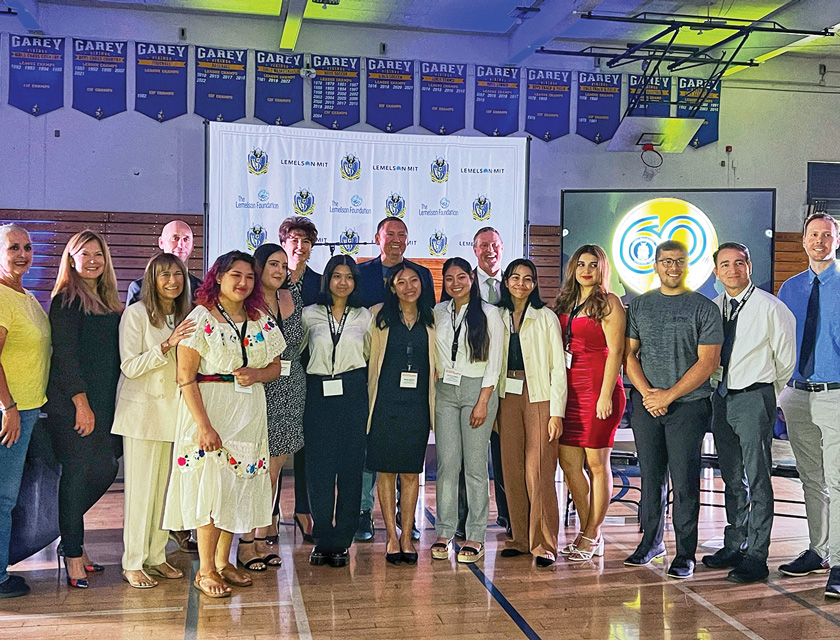Unleashing American Innovators Act helps extend USPTO’s reach, reduce costs, promote education
BY KATHI VIDAL
Since I took the helm of the USPTO last April, the USPTO has been working feverishly to unleash America’s potential. We immediately expanded our pro bono efforts, focused on outreach and impact, and are working on ways to better support those new to innovation.
With the support of Congress and President Biden—and the Sen. Patrick Leahy-led Unleashing American Innovators Act of 2022, signed into law on December 29—now is the moment to make lasting, sustainable change in these ways:
Reach people where they are to bring them into the innovation ecosystem. After hosting a two-day summit at the USPTO’s Rocky Mountain Regional Office in Denver, Colorado, this past summer, we have been working on a plan to increase our geographic reach.
The Unleashing American Innovators Act supports the USPTO’s expanded outreach efforts by requiring it to establish, within three years, a Southeast Regional Office, serving the states of Virginia, North Carolina, South Carolina, Georgia, Florida, Tennessee, Alabama, Mississippi, Louisiana, and Arkansas. The bill also requires the USPTO to report within two years on whether additional offices are necessary to further increase participation in the patent system by individuals who have historically been underrepresented in patent filings.
Reduce the innovation ecosystem’s barriers to entry. As a fee-funded agency, we continually need to assess and adjust fees to ensure we are recovering costs to produce the most robust and reliable IP protection possible. This work is critical to the U.S. economy in securing investment, innovation and jobs, and to advance an IP system that is accessible to all.
Although small- and micro-entity fees help keep fees lower for those who are under-resourced, more needed to be done. Accordingly, the new law increased small-entity discounts from 50 percent to 60 percent and micro-entity discounts from 75 percent to 80 percent (see uspto.gov/learning-and-resources/fees-and-payment/uspto-fee-schedule).
Recognizing that some applicants need to proceed pro se (without legal counsel), the USPTO launched a Patent Pro Se Assistance Program to provide those applicants additional assistance on how to obtain a patent.
Provide those new to the innovation ecosystem the education and support they need to be successful. The USPTO offers extensive free services and courses to educate the public, including those new to the IP ecosystem, on ways in which IP protection can help them bring their ideas to reality and build successful businesses. A few examples:
- Our eight-part Path to a Patent series, winding up on March 16 , covers everything from IP basics, to patent searching, to what you’ll need to draft and submit your patent application.
- Our Stakeholder Application Readiness Training (StART) provides training tailored to educate pro se applicants about the patent filing process and provides resources to submit a nonprovisional patent application.
- Our law school clinic program includes over 60 participating clinics and provides legal services free to the public, including to inventors, entrepreneurs, and small businesses.
Kathi Vidal is under secretary of commerce for intellectual property and director of the USPTO.


